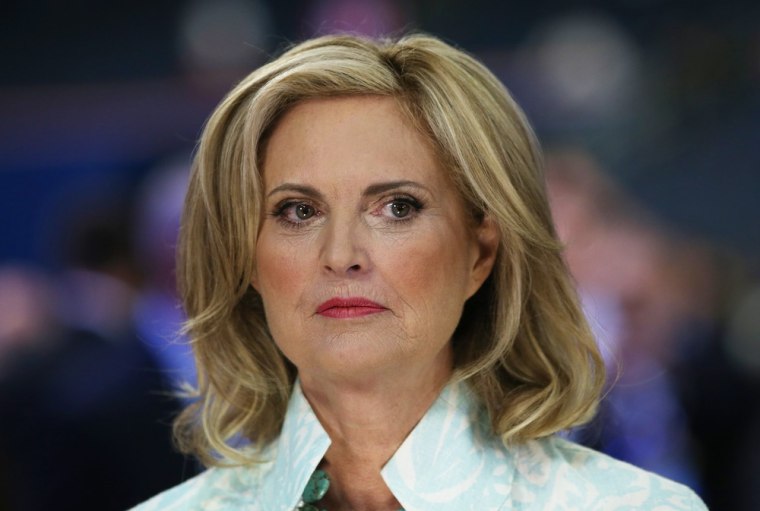Ann Romney’s revelation about how a miscarriage devastated her youngest child is shedding light on the impact such a loss can have on the entire family.
At the time of her miscarriage, Romney’s youngest son, Craig, was “about 10, 11 years old” and ecstatic over finally getting a little brother or sister. But the morning his parents left for the hospital, he went to school after being told “we’re losing this baby.” He held in his grief all day but came home that afternoon -- and burst into tears before his mother.
When adults experience a traumatic event like a miscarriage, they often are so consumed by their own grief that they fail to see their children struggle with the same emotions, said Alicia Lieberman, a psychologist who specializes in childhood grief and trauma.
“The child is needing help but is so worried about the parent’s sadness and grief. The bridge that parents can build between their grief and their children’s can be extremely helpful,” said Lieberman, a professor at the University of California San Francisco’s psychiatry department. “Because it says to the child, it’s OK to be sad. It’s something we need to be sad about, but we can tolerate it and regroup.”
When Janet Spirek miscarried, she and her husband struggled with how to tell their 2-year-old daughter. Fiona had been asking for a sibling and kissed her mother’s stomach as soon as she learned she would get one.
Spirek tried to explain why “the baby was no longer in my belly,” but didn’t know how much Fiona actually understood.
“She asked us why the baby couldn’t stay with us and all we could tell her was that God had work for the baby to do up in heaven,” said Spirek, a teacher from Newport News, Va.
Fiona appeared to absorb the news well, but Spirek knew for sure after putting the girl down for a nap. When Fiona up, she reached up to touch her mother’s face and told her: “Mommy, it’s OK. The baby is with Jesus now.”
A child’s reaction to miscarriage will depend on age. Most children whose parents lose an unborn child are too young to understand the mechanics of what has happened. But psychotherapist Robi Ludwig points out they are old enough to understand that their mother is upset.
“They may even ask, ‘Mommy, is everything OK?’ and then you deal with it as you would any loss that a parent is experiencing,” she said.
Ludwig said the situation may also depend on the child’s attitude toward the pregnancy. Those who are excited about the family’s addition, like Romney’s son yearning for a younger sibling, may be crushed by the loss. Other children may have felt threatened by the idea of another child to compete with in the family -- and then suddenly feel responsible or guilty for previously wishing the child away.
Lieberman said children are capable of experiencing grief from an early age, so the key is to be honest with a child about circumstances.
“If some parents tell their 3-year-old that they’re going to have a brother or sister, then have a miscarriage, but don’t tell the child about it, the child may continue to wait for the child to be born,” she said. Ultimately, they get confused, especially when they start to see the mother cry or act upset around the home.
The younger the child, the more important it is to be upfront about the miscarriage, Lieberman said.
“They think what happens in their world, they are responsible for. Maybe it was because they made the mother angry, or refused to go to sleep. They’re bad behavior made something bad happen, and in this case it was the miscarriage,” she said.
Children don’t always have the words to convey their emotions like adults do, which is why some therapists suggest they draw out their emotions in pictures, or make a memorial or memory book to say goodbye, Ludwig said.
“Kids know that there’s life, and then there’s not-life. Maybe this is through a pet, or something they’ve seen on television, or even a fairy tale, like 'The Lion King,'” she said. “We don’t give kids enough credit that they have an awareness of their environment.”
Related:
